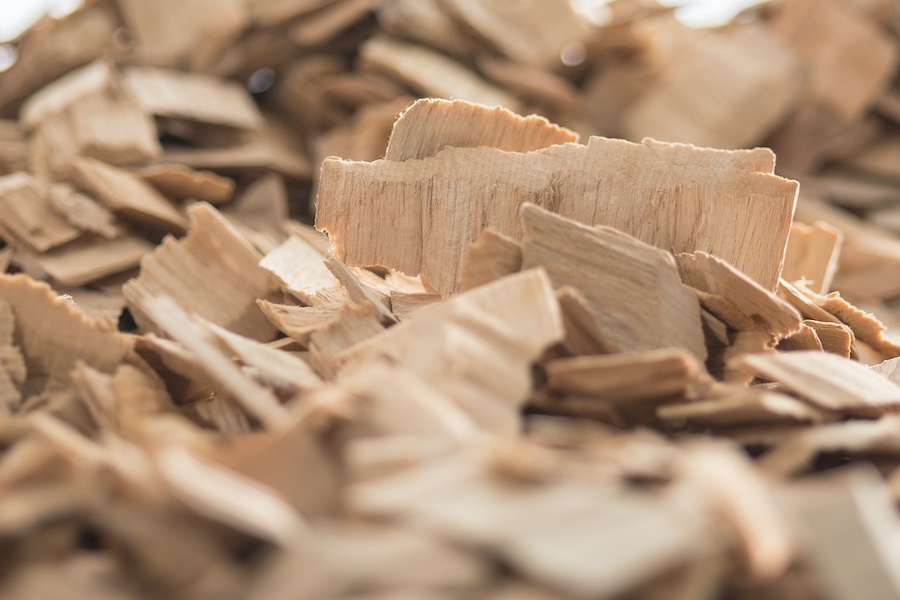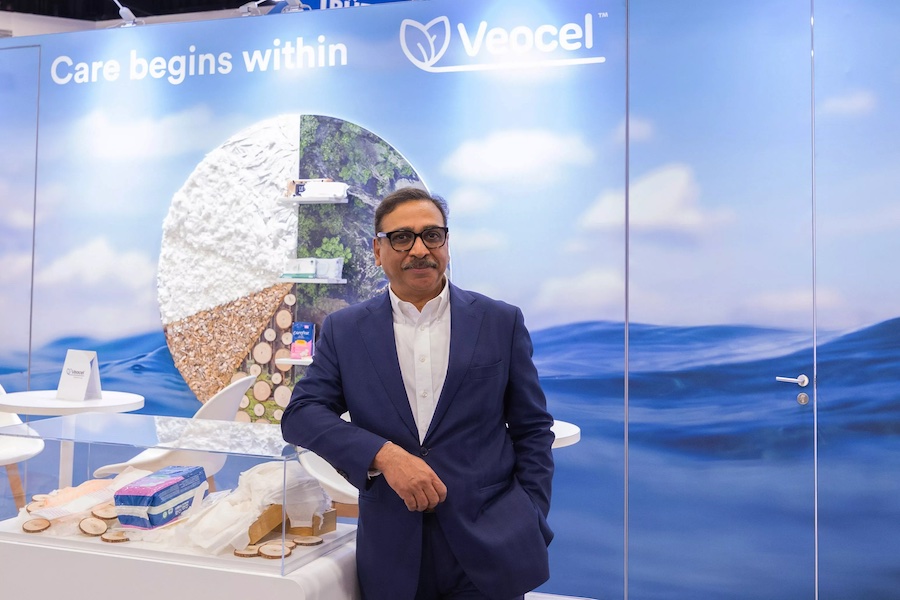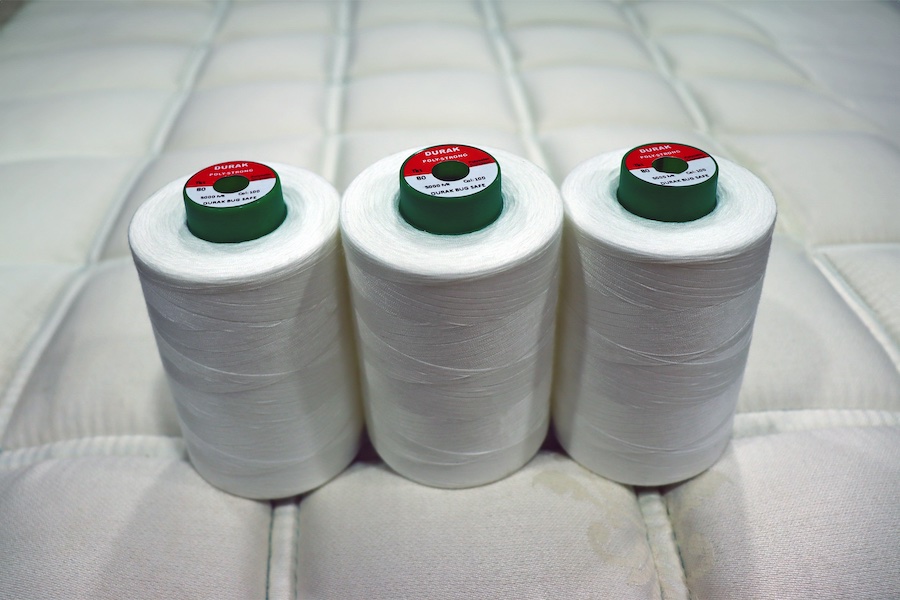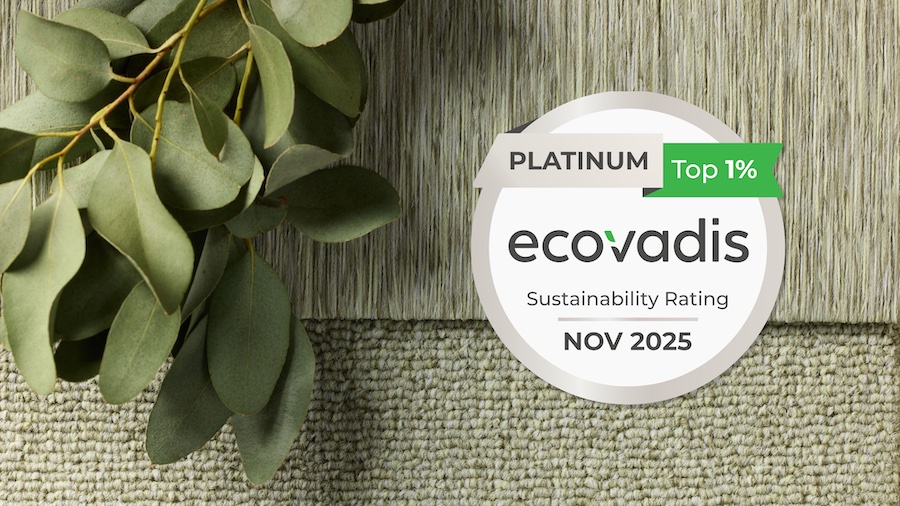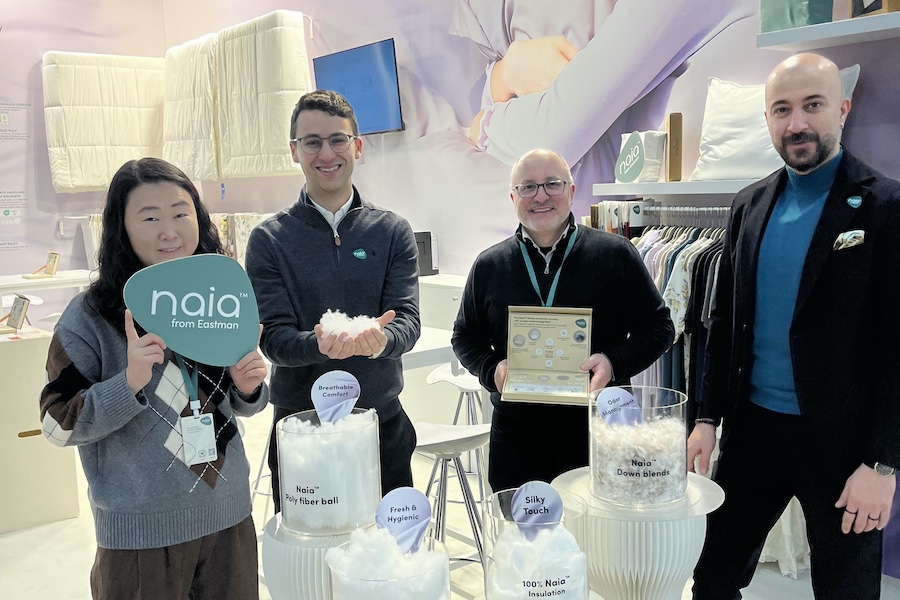#Yarn & Fiber
Lenzing introduces new Black Towel Collection with long-lasting softness
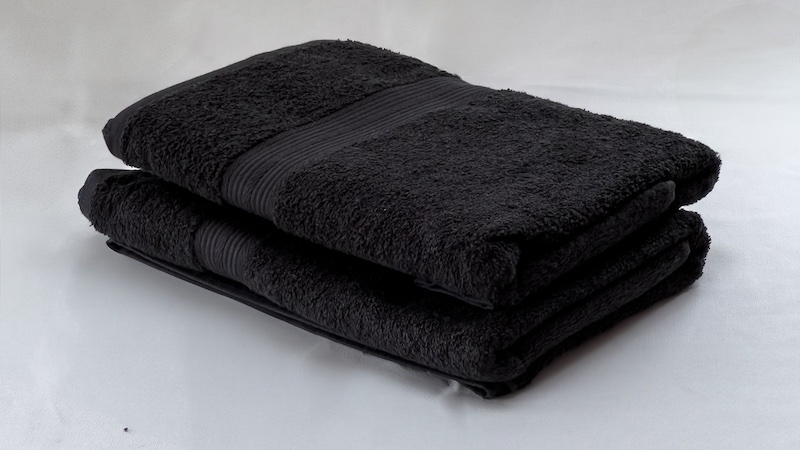
+ Lenzing’s latest Black Towel Collection features six essential everyday personal care items crafted with TENCEL™ Modal in black fibers and LENZING™ ECOVERO™ Viscose in black fibers
+ Featuring remarkable softness after repeated washes, the collection utilizes a spin-dyeing technique that not only reduces environmental impact3,4 during dyeing process, but also ensures lasting color intensity
Made with ingredients that are responsibly produced[1], the Black Towel Collection presents an alternative choice for a societal norm where conventional makeup removal products are mostly single-use disposable items, and reusable towels often get stained or discoloration due to repeated usage. The collection will bring about a refined experience to consumers through its exceptional durability, softness and color vibrancy.
Engineered for everyday use with enhanced softness and durability
The Black Towel Collection is woven with a blend of cotton and TENCEL™ Modal black fibers or LENZING™ ECOVERO™ Viscose black fibers with a unique fabric composition to enhance durability. Even after multiple washes, these products retain their softness and gentle feel on the skin, making them ideal for repeated use. Derived from controlled or certified wood sources, these specialty fibers are made from resource-saving processes, using at least 50% less carbon emissions and water consumption1. Additionally, the LENZING™ ECOVERO™ Viscose black fibers are certified biodegradable and compostable at the end of their lifecycle[2]. Both reusable and responsibly produced, this towel collection is an excellent solution for individuals looking to minimize the carbon footprint1 of their everyday care practices.
Long-lasting colour vibrancy enabled by resource-saving dyeing processes
Featuring a rich black color, the towels are dyed in the fiber stage using the spin-dyeing technique, where black color pigments are directly incorporated into the fibers. The unique process uses 50% less energy and water[3] and does not require post-dye rinses, substantially enabling a 60% decrease in carbon footprint compared to conventional dyeing methods3. The process also helps preserve color intensity even after multiple washes[4] and can mitigate the formation of cream spots caused by contact with substances like acne cream. With high colour fastness, consumers also do not have to worry about the black colour staining other garments in the washing process. Specifically, the gym towels and beach towels in this collection feature chlorine-resistant properties that minimize discoloration and fabric damage caused by exposure to chlorine in household water and swimming pools. This helps towels retain colour and quality longer, reducing the need for frequent replacement.
“Majority of the make-up removal towel offerings, including disposable cotton towels, washable microfiber, and face towels, are made with 100% cotton. As consumers become more aware of the environmental impact of their daily essential face and body care products, we see an opportunity for Lenzing to bring forth an alternative option using our cellulosic fibers,” said Ebru Bayramoglu, Head of Global Business Development in textiles business at Lenzing. “Developed in collaboration with our value chain partners, this Black Towel Collection will be an inspirational offering to be showcased at various retail outlets and highlighted during upcoming trade events. Exceptionally soft and durable even after repeated washes, our collection is set to become a popular choice among conscious consumers who want to make a difference to the world through their daily personal care rituals.”
“We are proud to work with Lenzing to develop our first Black Towel Collection. We have always loved experimenting with different fiber blends and fabric compositions to develop practical products that address the everyday needs of consumers. With this new offering, we hope that more brands and consumers will come to realize that they can be kinder to the world with small changes in their everyday habits,” said Mustafa Soylu, Research and Development Coordinator at Veritas Tekstil.
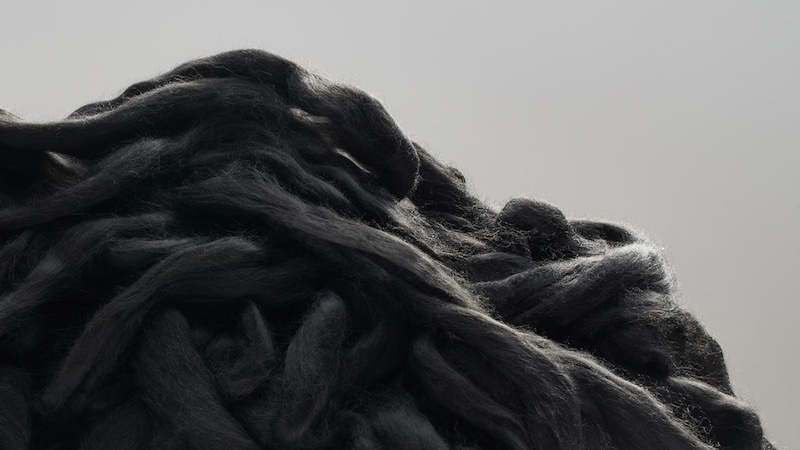
[1] TENCEL™ Modal fibers and LENZING™ ECOVERO™ viscose fibers are made with at least 50% less carbon emissions and water consumption compared to generic (unbranded) modal and viscose. The results were calculated according to LCA standards (ISO 14040/44) and are made available via the Higg Materials Sustainability Index (MSI) v3.7 by Cascale (formerly Sustainable Apparel Coalition).
[2] LENZING™ Viscose standard fibers are certified by TÜV AUSTRIA as biodegradable in soil, freshwater and marine environments, and compostable under home and industrial conditions.
[3] Calculations based on Terinte et al., 2014: Terinte, N., Manda, B.M.K., Taylor, J., Schuster, K.C., and Patel, M. (2014). “Environmental assessment of coloured fabrics and opportunities for value creation: spin-dyeing versus conventional dyeing.” Journal of Cleaner Production, Vol. 72: 127–138.; Textile processing steps being similar for modal and viscose, therefore savings are based on calculations of fabric production and dyeing via jet dyeing excl. fiber impact.
[4] Samples have been tested according to ISO 105 C10-C6 indicating marginal changes in color and no staining.



